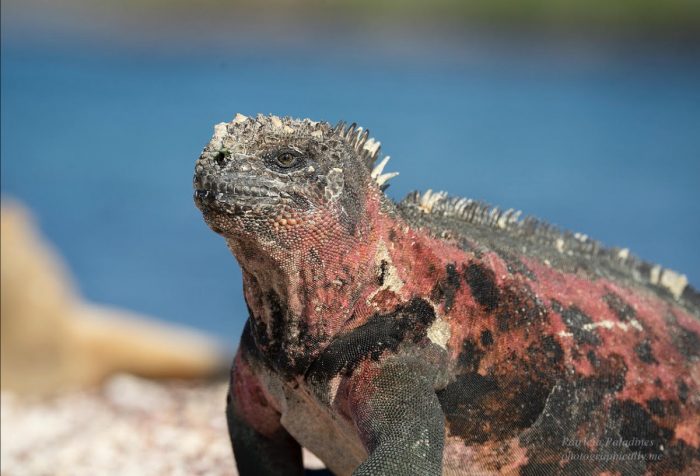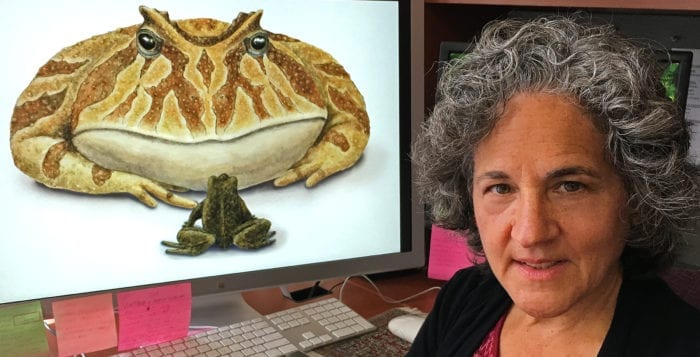The Reboli Center for Art and History, 64 Main St., Stony Brook continues its Third Friday series on Feb. 17 with a presentation titled The Enchanted Islands — Galapagos with guest speakers Carl Safina and Patricia Paladines from 6:30 to 8 p.m.
The volcanic islands 600 miles west of the Pacific coast of South America have lured humans for hundreds of years. In 1535 a Spanish galleon carrying the Bishop of Panama found itself drifting helplessly in a no-wind situation near the islands. The crew, including the Bishop—finding themselves running out of water—staggered ashore. For two days they searched the land of black rocks finding nothing to alleviate their thirst. In desperation they began eating the island’s cacti, squeezing out the water these succulent plants retain. Unimpressed with the volcanic oasis that saved his life, the Bishop wrote in his journal that what earth the islands have, “is like a slag, worthless.”
Herman Melville also passed through the Galapagos aboard the whaler Acushnet, drawing inspiration for his most famous novel, Moby-Dick. But the most paradigm shifting visit was made 300 years after the cactus eating Bishop, with the arrival of Charles Darwin aboard the Beagle. His observations in the Galapagos Islands changed the way we understand the origins of life. But at first arrival, Darwin did not immediately see the beauty in the animals that greeted him. Upon seeing the islands’ endemic marine iguana, he noted, “The black Lava rocks on the beach are frequented by large…most disgusting, clumsy Lizards…They are as black as the porous rocks over which they crawl.”
As the world celebrates Charles Darwin’s 224th birthday this month, Safina and Paladines will share their personal observations of the enchanting islands, the unique life forms that inhabit the rugged landscape, and the conservation efforts that now protect this crucible of evolutionary understanding.
This family-friendly event is free to the public and no reservations are required to attend. Refreshments will be served. For more information, call 631-751-7707 or visit www.rebolicenter.org.






